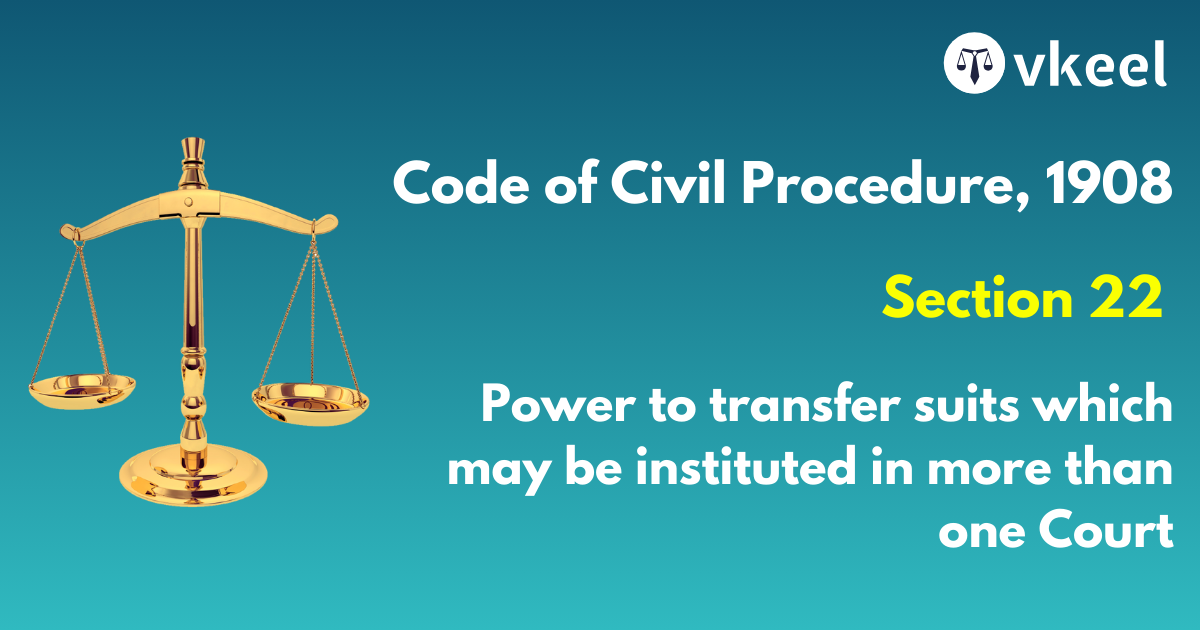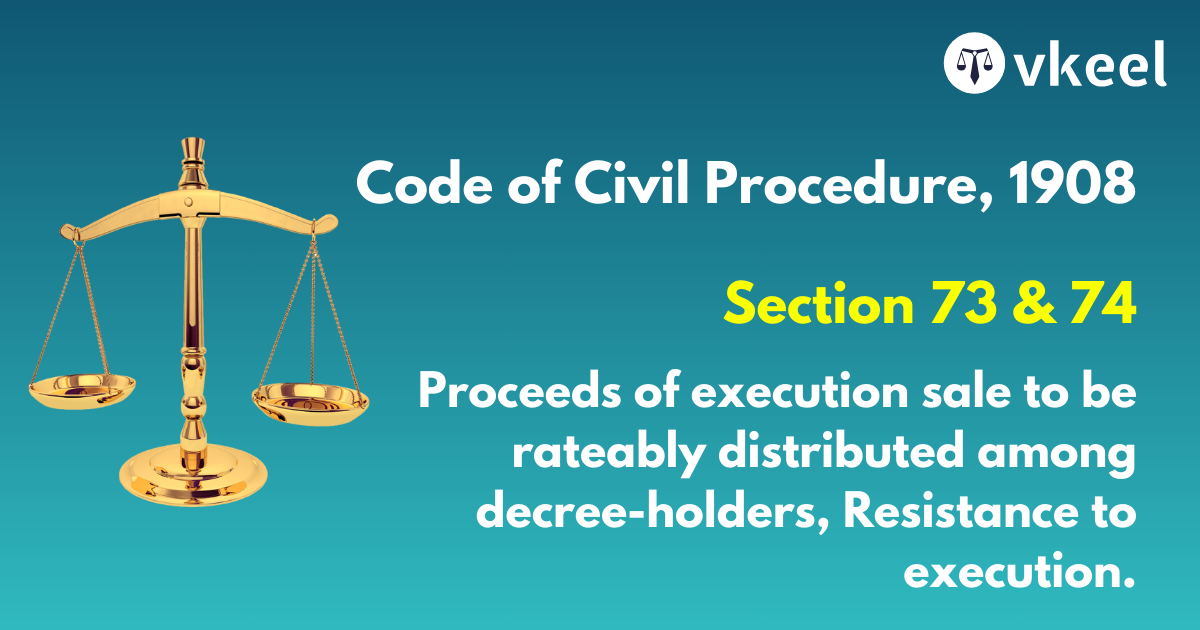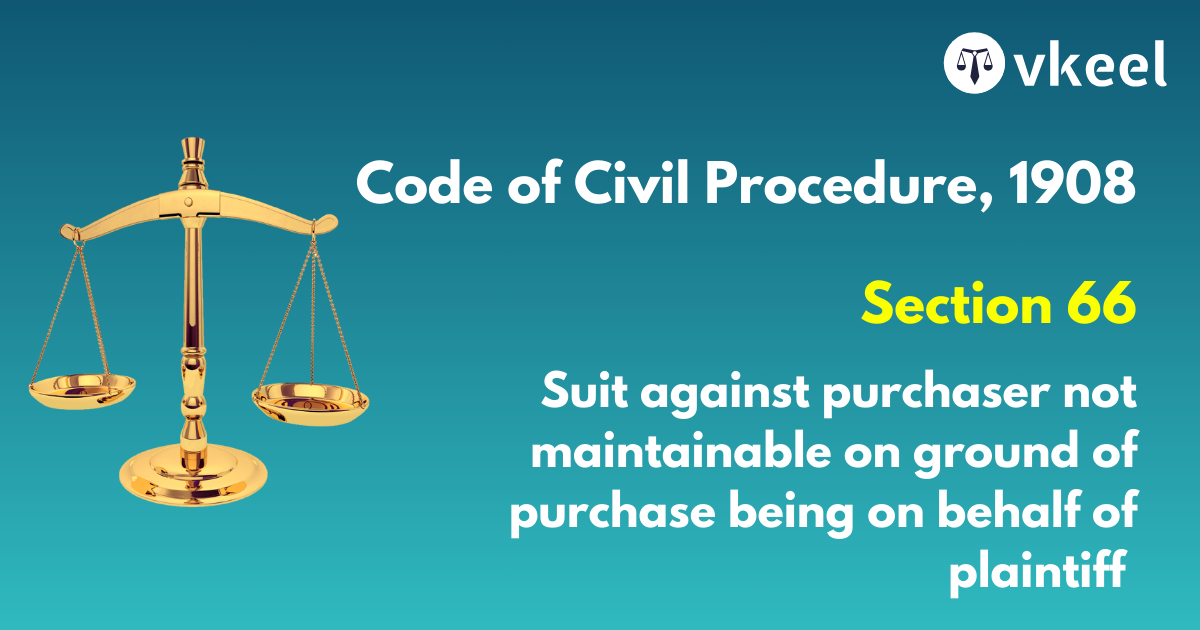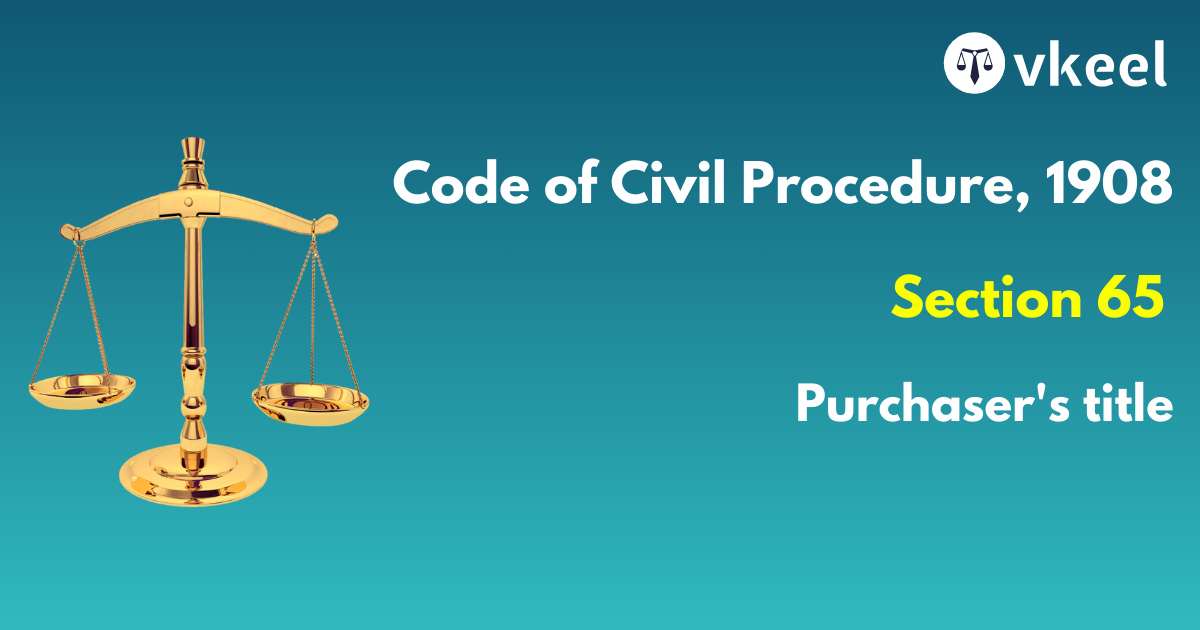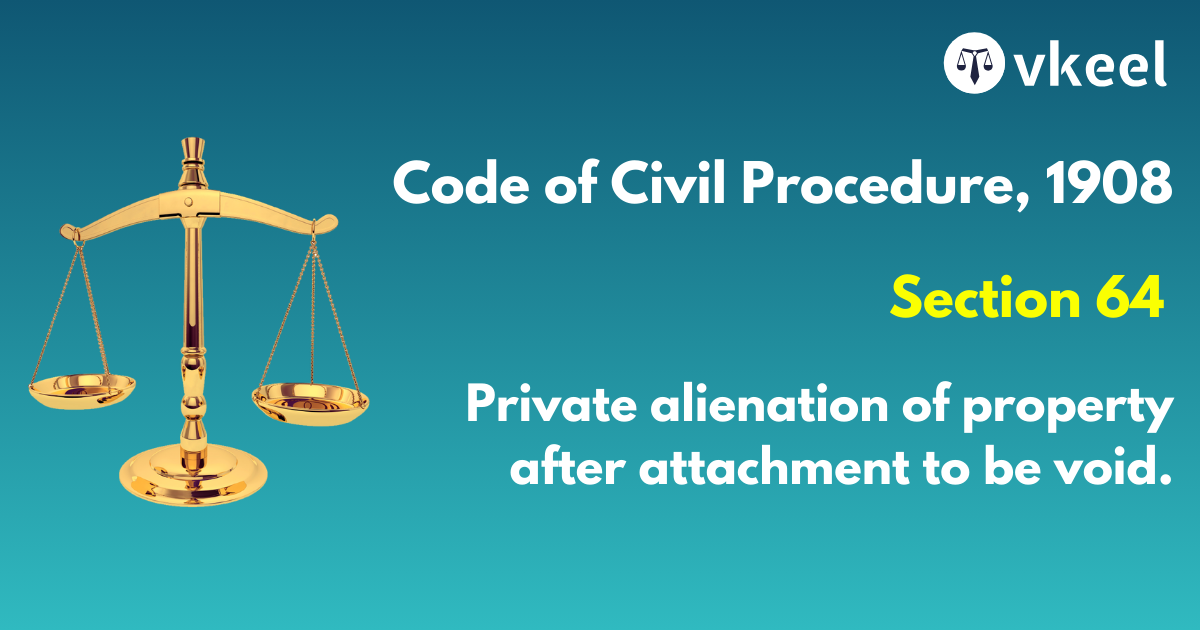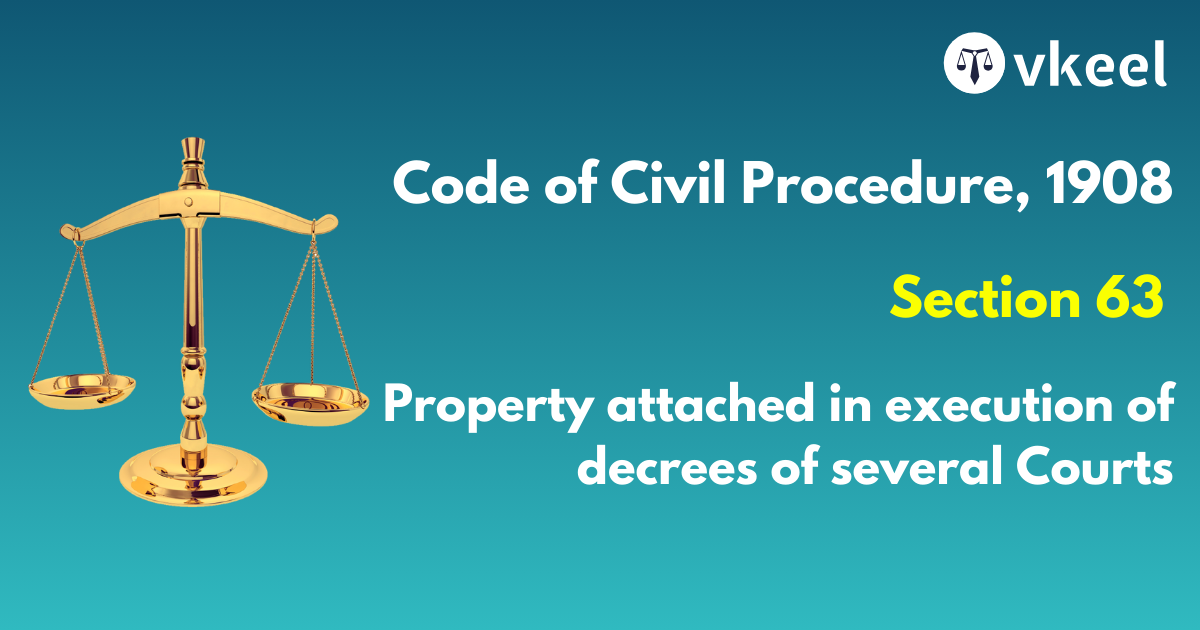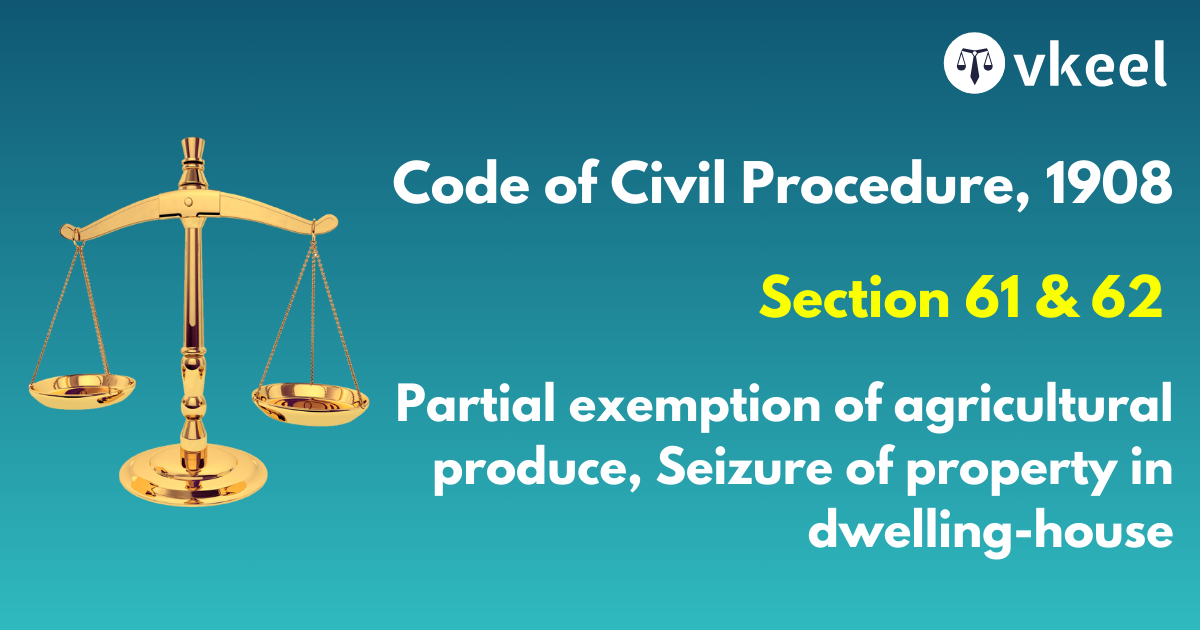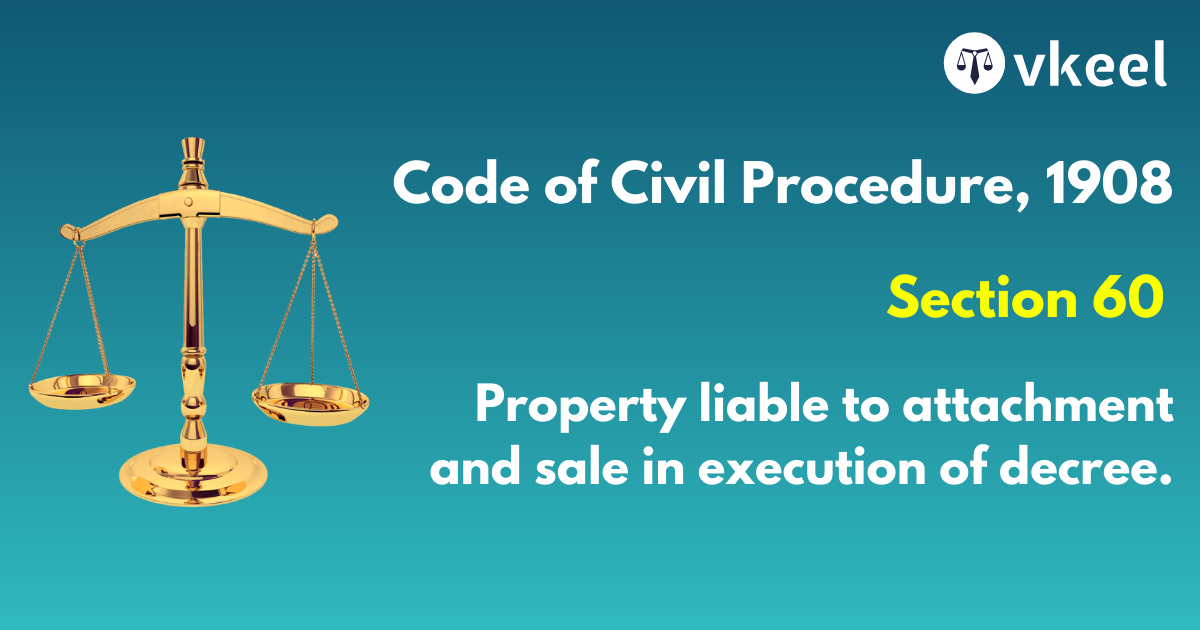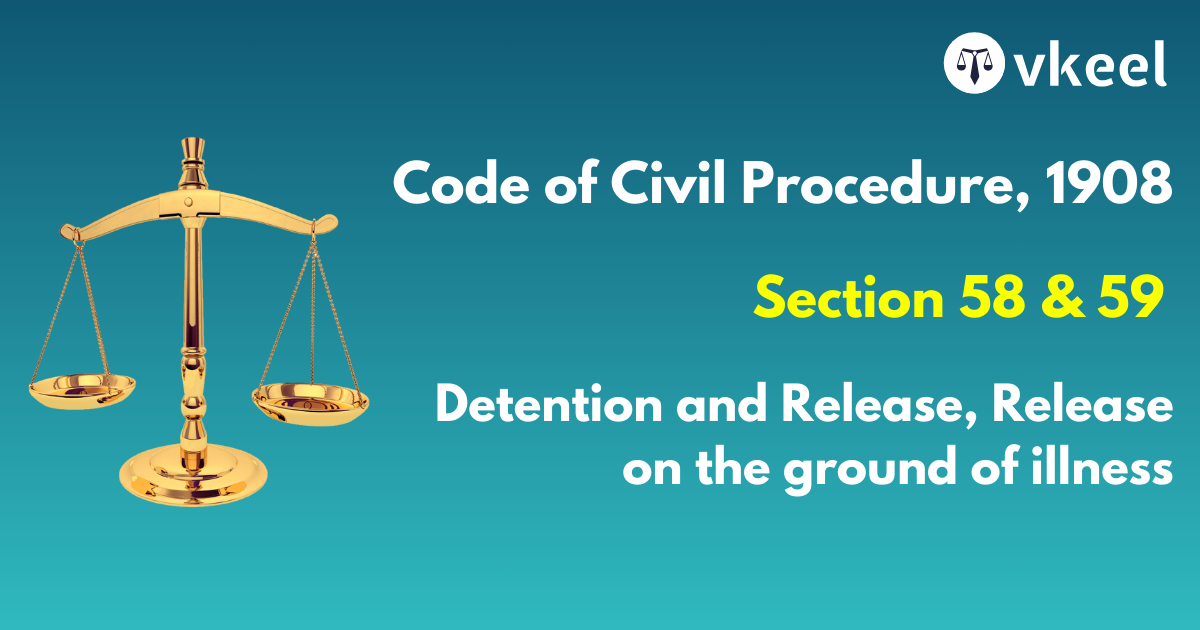Section 22 of Code of Civil Procedure,1908
By Joy Puri
Introduction
The above entailed provision of the Code of Civil Procedure, 1908 provides a wide scope to the courts of law in regards to maintain the uniformity and the required decorum in the judicial system of the nation.
The powers thereby vests in the courts of law to transfer the cases wherein, multiple cases has been filed by the party in different courts of the country.
Section 22 of the Code of Civil Procedure,1908
22. Power to transfer suits which may be instituted in more than one Court
Where a suit may be instituted in any one of two or more Courts and is instituted in one of such Courts, any defendant, after notice to the other parties, may, at the earliest possible opportunity and in all cases where issues are settled at or before such settlement, apply to have the suit transferred to another Court, and the Court to which such application is made, after considering the objections of the other parties (if any), shall determine in which of the several Courts having jurisdiction the suit shall proceed.
Landmark Case Laws
Shri Seetha Mahalakshmi Rice and groundnut Mill v. Rajesh Trading Code, 1983
Section 22 of the Code deals with such a situation, wherein the Defendant/s may pray for interference in the Plaintiff’s choice of forum. The determining factor in deciding the question of transfer would be one of balance of convenience having regard to all the circumstances of the two suits.
Shiv Kumari Devendra Ojha v. Ramojar Shitla Prasad Ojha, 1997
An essential ingredient for invoking provisions of Section 22 is that the request must be made at an earliest opportunity before settlement of issues after notice to opposite parties in those suits in which the Plaintiff had definite option to sue in more than one Court. The Court after considering the objection to the application is to consider to which of the Courts having jurisdiction the proceeding shall be transferred. Another requirement is that the transfer of case should be essential for the ends of justice, for, it is the Plaintiff who has option to choose forum and not the defendant.
Jagatguru Shri Shankracharaya Jyotish v. Ramji Tripathi, 1979
The onus of establishing sufficient grounds for the transfer lies heavily on the applicant. There is unanimity of opinion that preponderance of balance of convenience is of prime consideration for transfer of suit. So the convenience of the parties is a valid ground of transfer though there is no unanimity about it being a material ground for transfer.
Sourindra Narayan Bhanja Deo v. Rabindra Naryana Bhanja Deo, 1987
The language of the section of the Code indicates that the power to transfer a proceeding is in the discretion of the Court. This discretion is to be exercised judicially. Where, however, it is proved to the satisfaction of the Court that the proceeding has been initiated with an intention to put the other party to inconvenience, Court may transfer the proceeding to another forum having jurisdiction which would be convenient to both parties. The intention of the law makers is clear that the Court’s power under Section 22 of the Code is to be invoked at the earliest opportunity. However, there is no prohibition for the Court to entertain an application under Section 22 of the Code even if it is delayed. Even in an application under Section 22 of the Code, Court can also exercise the wide power under Section 24 of the Code.
Bibha Debnath Vs Anil Debnath & Ors, 1996
A reading of the aforesaid section 22 CPC would show that it makes a departure from the general princi- ple that the plaintiff as the dominus litis has the right to choose the forum which the law allows him to insti- tute the suit and confers a right on the defendant to apply to the Court for transferring a suit from one Court to another if the suit could be instituted in any one of the aforesaid Courts. But the said section further makes it clear that where the defendant exercises such a right and file an application to the Court, it is the Court which after considering objection of other parties, if any, shall determine in which of the several courts having jurisdiction the suit shall proceed. Hence, even where the ingredients of Section 22 CPC are fulfilled and the defendant makes an application for transfer of a suit from one Court to another, the Court will not transfer the suit automatically but will have to determine if injustice will be suffered by the defendant, if the suit was not so transferred.
Conclusion
It might be a case wherein more than one court might have the territorial jurisdiction over the institution of suit.
What is pertinent to mention herein is that the aforesaid provision of the Code of Civil Procedure obstructs and proves its dominance over the principle of arbiter litis.
Disclaimer:
The information provided in the article is for general informational purposes only, and is not intended to constitute legal advice or to be relied upon as a substitute for legal advice. Furthermore, any information contained in the article is not guaranteed to be current, complete or accurate. If you require legal advice or representation, you should contact an attorney or law firm directly. We are not responsible for any damages resulting from any reliance on the content of this website.

